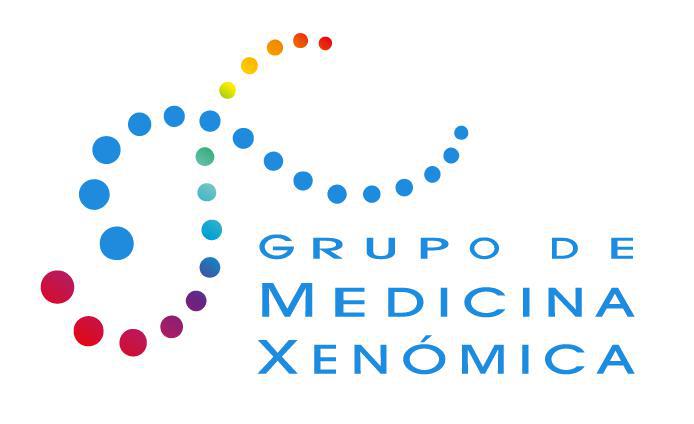IP: Brión Martínez, Mª José
Entidad de realización: Fundación Instituto de Investigación Sanitaria de Santiago de Compostela
Entidad/es financiadora/s: Gobierno de España – ISCIII
Fecha de inicio-fin: 2020 – 2022
In spite of the great success obtained during the last few years in the treatment of cancer, the lingering cardiotoxic side-effects from chemotherapy remain a major cause of morbidity and mortality in cancer survivors.
These effects can develop acutely during treatment, or even years later. Specifically, cardiotoxicity results in cardiac cell death, eventually leading to cardiomyopathy and heart failure. Certain risk factors may predispose an individual to experiencing adverse cardiovascular effects, and when unexpected cardiotoxicity occurs, it is generally managed with supportive care. Animal models of chemotherapy induced cardiotoxicity and some candidate gene studies have provided some mechanistic insights, but the precise mechanisms by which these drugs affect the heart remains unknown. Moreover, the genetic rationale as to why some patients are more susceptible to developing cardiotoxicity has yet to be determined. Some genome-wide association studies and candidate gene studies have identified genomic variants that could be associated with chemotherapy induced cardiotoxicity, but the lack of validation has made these studies more speculative rather than definitive.
Therefore, the development of an extended and validated genetic study, as well as the evaluation of pharmacogenetic markers proposed as recommendations is of vital importance for the management of this chemotherapy induced cardiotoxicity that is affecting more and more members of our society.





